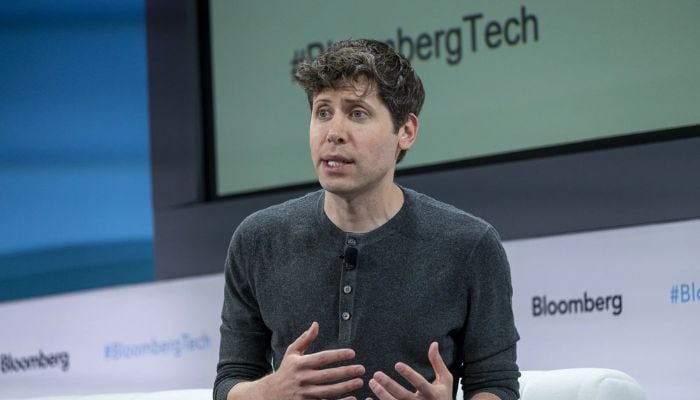Home / Technology
THESE jobs could be replaced by AI — but some roles remain safe
Sam Altman argues that professions requiring deep human connection are far less vulnerable to AI

The rise of artificial intelligence (AI) has sparked one of the biggest debates of our time: will AI take away our jobs?
Recently, OpenAI CEO Sam Altman, speaking in an interview on the Tucker Carlson Show, shared his candid opinion on which professions are most vulnerable to AI disruption, and which ones are likely to endure.
Which jobs are at risk
Altman was clear about customer service being one of the first sectors to feel the impact. He predicted that many support roles handled over the phone or through chat will be replaced by AI systems.
"I'm confident that a lot of current customer support that happens over a phone or computer, those people will lose their jobs, and that will be better done by an AI,” Altman said, noting that automation could make the process more efficient, but at the cost of human jobs.
Moreover, developers and programmers may also be affected.
While some fear that coding jobs could vanish, Altman suggested the reality is more nuanced. AI is transforming the work itself rather than eliminating it entirely.
“What it means to be a computer programmer today is very different than two years ago,” he explained, pointing out that AI tools make developers more productive, enabling them to meet the world’s growing demand for software.
Jobs that are safe
On the flip side, Altman argued that professions requiring deep human connection are far less vulnerable.
Nursing was one example he highlighted as “irreplaceable,” given the importance of empathy, care, and trust in healthcare. “
No matter how good the advice of the AI is… you will really want that human connection,” he said.
Historically, around half of all jobs have significantly changed every 75 years.
Altman warned that AI could accelerate this timeline dramatically, creating a “punctuated equilibrium moment” where sweeping changes happen in just a few years.
Still, he emphasised that new roles will emerge as old ones fade, just as technologies like ChatGPT created opportunities unimaginable two decades ago.
During the interview, Altman admitted about AI's current capabilities. When asked when superintelligence might arrive, he said: "I would certainly say by the end of this decade so you know by 2030"